ABOUT THE SUMMIT
Theme: UNIFYING MIDWIFERY IN AFRICA: Reimagine, Reignite, Rise!

The Centre for Health Development and Research (CEHDAR) welcomes you all great and emerging leaders of the African and global health community. I am indeed delighted to welcome you all to the land of Ghana, a rich land within the Great African Continent. Ghana is filled with diverse ethnic groups, multiple but inter-related cultures and festivals, but bound together as one nation, with one vision and a warm heart that welcomes visitors into our fold with a cordial “AKWAABA” meaning welcome!
It is indeed delightful to bring colleagues from over 29 African countries, the USA and the Caribbean all working in the health sector and allied disciplines to deliberate on unifying AFRICAN MIDWIVES. This is because of the critical centrality of the MIDWIFE to making a significant difference in the lives of women, newborns and their entire family units. The midwifery profession is one of the ancient professions that you can imagine. Beyond God’s creation of the first woman -EVE- there has been a MIDWIFE. The midwife acquires competencies with a life approach to support her client through adolescence, pre-pregnancy, antenatal, labour, birth, and postnatal stages to ensure survival and good quality of life. The midwife is also a researcher, an academician, a program and projects manager/director, an advocate and a leader who sits at the decision-making table to contribute to local, national, and global health and well-being.
According to the recent State of the World’s Midwifery (SOWMY) report (2021), over 750,000 midwives will need to be employed, deployed, supported through career pathways, and motivated to contribute to achieving the overall 70 per 100,000 live births target for the SDGs 2030. Reportedly, to close the gap by 2030, 1.3 million reproductive health providers need to be employed and deployed rapidly beyond the current employment rate over the next 10 years (2021-2030). Most of these personnel are expected to be midwives . The number of births projected in Africa amounted to around 46.4 million in 2023 and is projected to increase to over 50 million by 2030. This alone highlights the need for more midwives.
While this may seem daunting, evidence indicates that fully educated, licensed and integrated midwives supported by interdisciplinary teams and an enabling environment can deliver about 90% of essential SRMNAH interventions, yet they account for less than 10% of the global SRMNAH workforce.
So, how does Africa rise to deal with these overwhelming concerns? How do governments and their stakeholders handle this huge responsibility? What concerted efforts are in place in the region to help synergise country-based actions towards midwifery strengthening?
Who is speaking for midwives at the global level?
How is Africa represented when strategic global discussions take place? How shall we ensure that midwives purposefully engage with various policy and decision-makers in Africa when issues concerning their profession and the care of mothers and newborns are being addressed?
Most importantly, what are the midwives themselves doing for their voices to be heard beyond themselves and in their Associations? What can be done to complement the efforts of global organizations supporting midwives, while focusing on actions specific to the African context?
These and many more concerns were what compelled a group of globally inclined but African-focused midwives who met at the International Maternal Newborn Health Conference in May 2023 to consider the concept of unifying midwifery on the African continent to help ensure harmonized approaches to supporting the profession –all toward the ultimate aim of improving maternal-newborn outcomes and contributing to meeting Africa’s health and workforce targets. The discussions continued beyond the conference, and within a short time, the conviction to convene an African Midwifery Summit to further deliberate on these issues was made. Thanks to all who believed in this conviction and rallied with the convenors to birth this Summit.
We are particularly grateful to our anonymous funders, to Dr. Jennifer Boateng of the Bill and Melinda Gates Foundation, for her determined coordination and facilitation to access funding, to our esteemed Steering Committee members for their voluntary leadership, the CEHDAR Advisory Board for their approval and to all of you for your attendance and making this happen. Thank you.
Over the next three days, we will seek to:
We believe with your expertise, experience and passion for midwifery we will, as a collective, come out with strategic directions to feed into the way forward for achieving the purposes of the Summit.
We say again welcome, AKWAABA (TWI), KARIBU (SWAHILI), BIENVENUE (FRENCH), BAWO NI (YORUBA), BWINO (CHICHEWA), BARKA DA ZUWA (HAUSA), WAMUKELEKILE (ZULU)
BY: DR. MRS. JEMIMA ARABA DENNIS-ANTWI
SUMMIT CONVENOR, FOUNDING PRESIDENT/CEO-CEHDAR
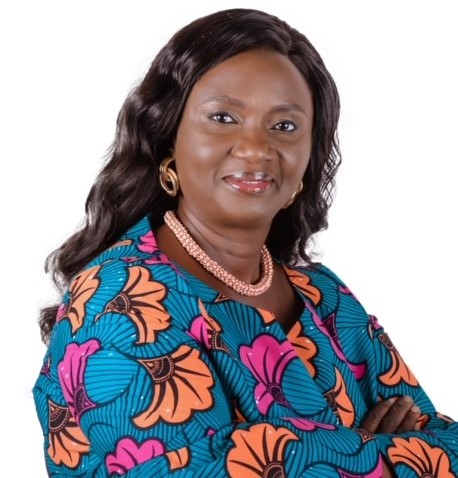
GHANA
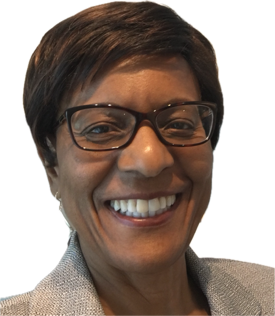
USA
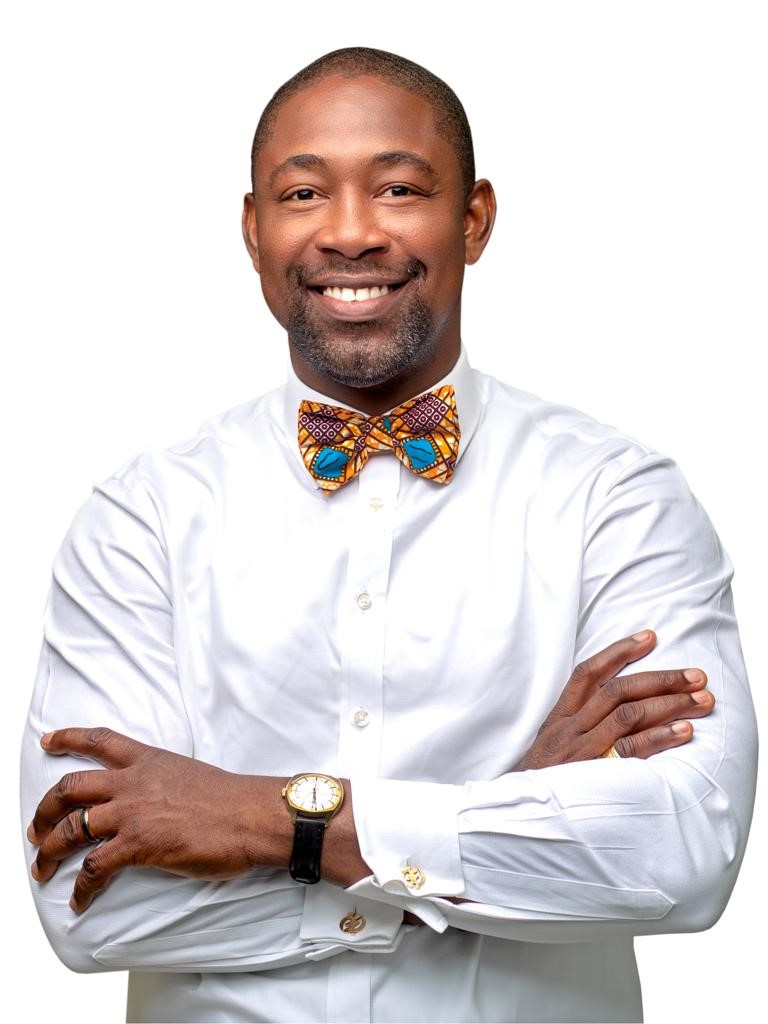
GHANA
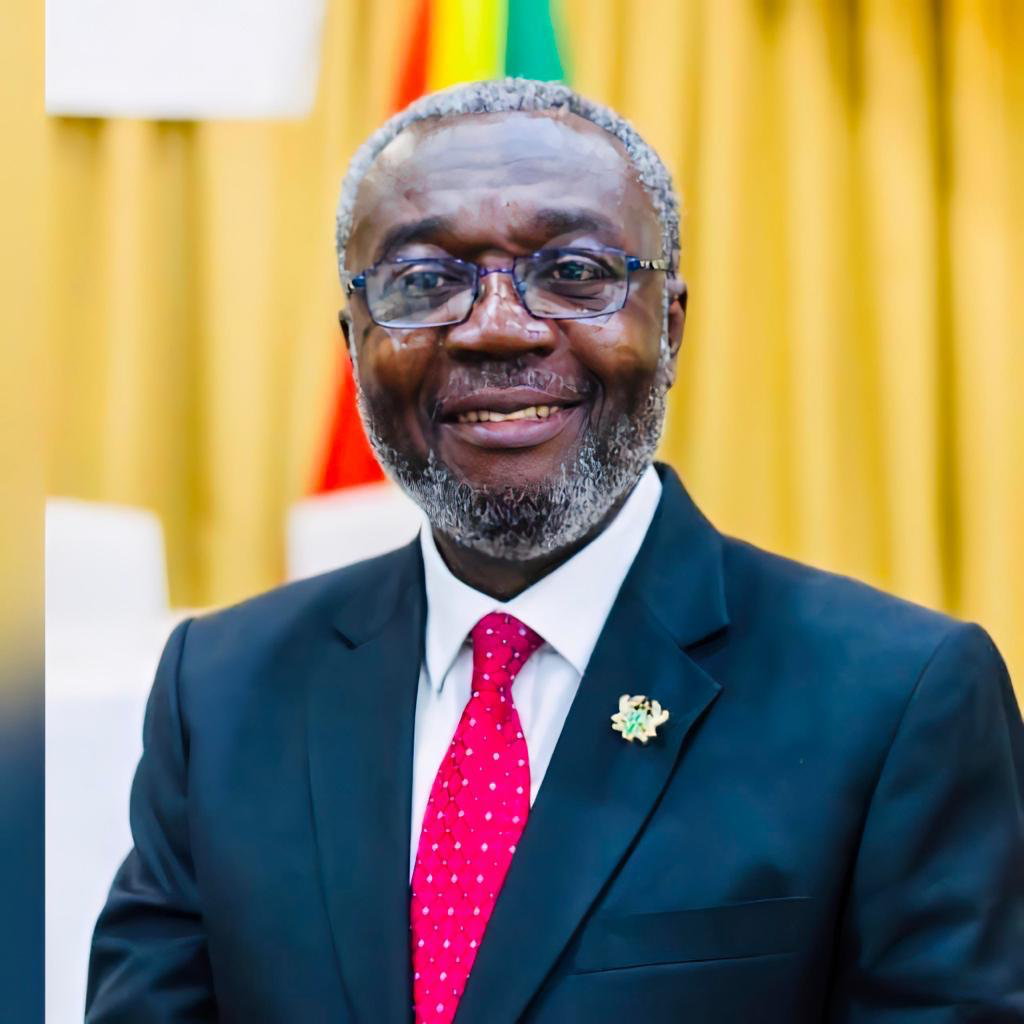
GHANA

USA
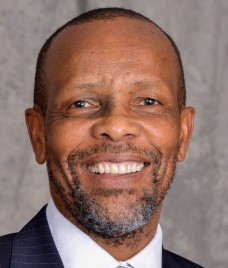
SOUTH AFRICA

USA
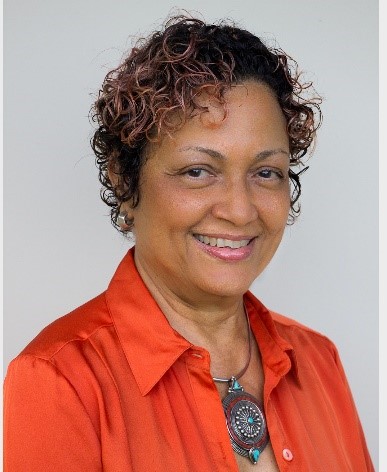
TRINIDAD & TOBAGO
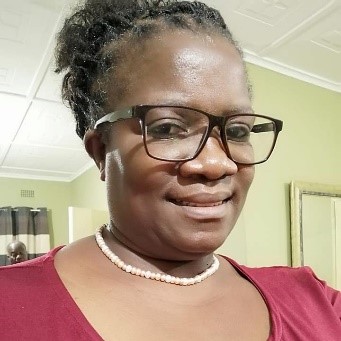
ZAMBIA
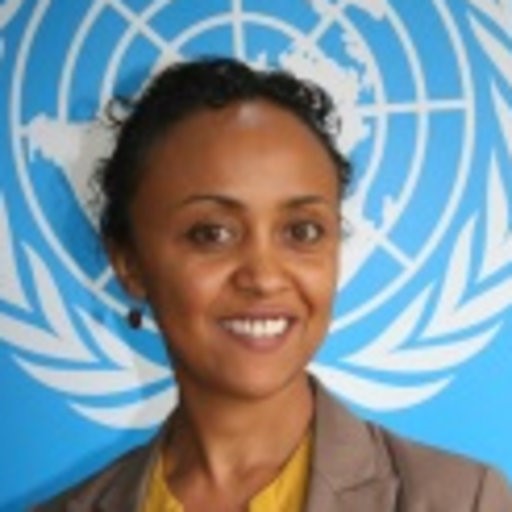
SOUTH AFRICA

KENYA

KENYA
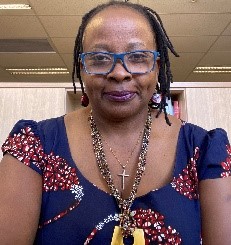
SOUTH AFRICA

GABON
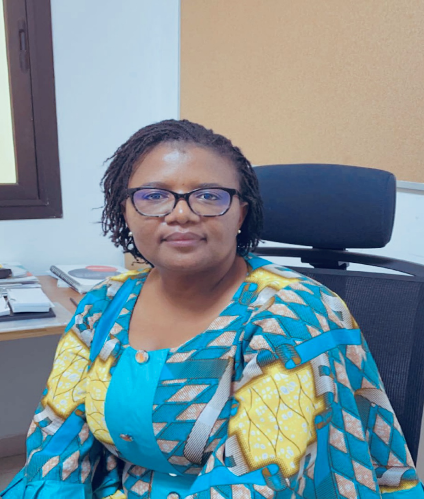
SENEGAL
Midwives save lives! Global literature, such as the State of the World’s Midwifery (SoWMy) 2021 report, has established that when midwives are educated to international standards to operate at their optimal levels, including the provision of family planning, it could avert more than 80% of all maternal deaths, stillbirths and neonatal deaths.
To achieve this, midwives must be licensed, regulated, fully integrated into health systems, and must work in inter-professional teams. It is evidential that the educated, supported midwife is essential to a healthy country, continent and to achieving global efforts towards RMNCAH goals.
However, this same report highlights the alarming shortage of these valuable professionals. This shortage is most critical in Africa, where despite considerable progress made, maternal and newborn health continue to be poorest.
This situation calls for midwives in Africa to arise, sound the clarion call, and help change this disturbing trajectory. According to the International Confederation of Midwives ICM, the three key pillars of a profession are education, regulation, and professional association. This is to be supported by strong policy, leadership, sound governance, a formidable workforce and management system within an atmosphere where midwifery as a profession and midwives are respected as professionals for their contribution to mothers, and their newborns.
While the first two are the purview of the national government, the Association is typically the voice of the profession, playing a central role in advocacy, and overall efforts to promote and improve the profession. Associations champion their professions by providing resources, information, and opportunities for professional development—often working in tandem with education, regulation, clinical services and research colleagues—all with the aim of helping its members to provide the best quality care. Midwives’ associations around the world include local, national, regional and sub-regional organizations. The Ghana Registered Midwives Association and the Uganda Private Midwives Association are among the oldest of such organizations in Africa.
In 2013, The Confederation of African Midwives’ Associations (CONAMA) was established to be the unifying voice for midwives and midwifery in Africa. Its membership was composed of country and sub-regional associations / organizations. CONAMA envisioned an African continent where competent midwives are well resourced, accessible and available in adequate numbers to provide quality midwifery care in partnership with women, their families and the community.
Its mission was to improve reproductive, newborn and child health in Africa by advocating for and strengthening individual country midwifery associations through quality education, regulation and midwifery practice. Ultimately, the organization aims to be the leading professional body to mobilize and unite African midwives for translating and culturally adapting the global health agenda to align with national level evidence-based interventions and promote the African maternal-newborn-adolescent health agenda for 2030 and beyond.
The United Nations Population Fund East and Southern Africa Regional Office (UNFPA ESARO) has worked with former CONAMA officers to support the development of a revised strategic plan from 2019 - 2022. Unfortunately, CONAMA has been dormant in recent years, due to the lack of support and leadership to meet its intended initiative.
Following informal discussions and consultation with key midwifery leaders and funding agencies, the CEHDAR Board sought and obtained funding from the New Venture Fund to engage all stakeholders of Midwifery in Africa.
The Planning is led by a 12-member Steering Committee, co-chaired by CEHDAR. The Committee is comprised of stellar midwifery leaders and other stakeholders. Collectively, these leaders hail from within and outside Africa serving in various professional roles in the UN, Donor and Technical Aagencies, Universities, national Governments and Clinical Entities. The Steering Committee Members have many decades of experience and have been involved in organising numerous conferences at global, sub-regional and country levels.
• The Summit is a forum for strategic discussions at regional level.
• It offers a full representation of all stakeholders.
• Unique presentations and discussions are made in smaller groups for inclusive strategic planning.
• Decisions and Recommendations are generated from Midwives and key stakeholders of Midwifery in Africa.
To:
▪ Employ a human-centered consultative process to discuss, deliberate and align around key issues influencing midwifery professional development in Africa and the implications and potential impact of a continental coordinating body.
▪ Provide avenue for African midwife leaders and stakeholders to recommend a Roadmap and key strategic actions for determining the way forward for uniting midwifery in Africa towards improving outcomes for mothers and families we serve.
▪ Current trends in midwifery and global health
▪ Unifying midwifery in Africa, Leadership, Governance and Coordination
▪ Advocacy, policy dialogue and capacity building
▪ Building partnerships, Resource mobilization and Sustainability